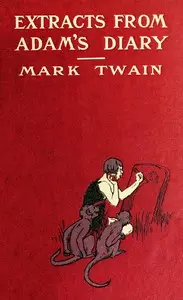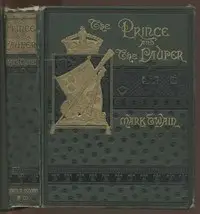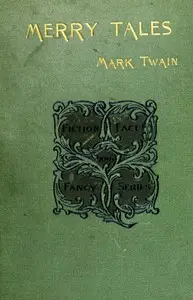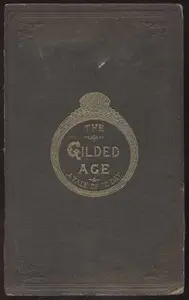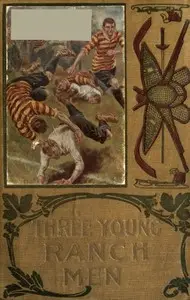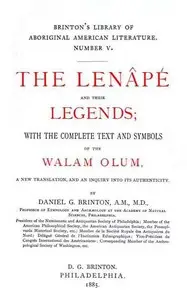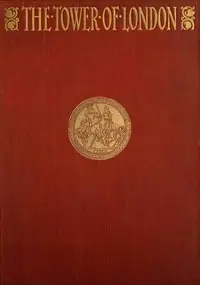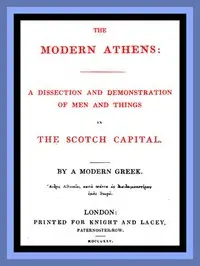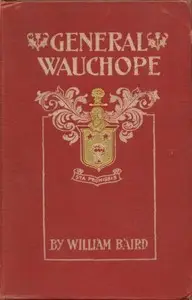"Following the Equator: A Journey Around the World. Part 5" by Mark Twain is a travel narrative written during the late 19th century. In this work, Twain recounts his observations and experiences as he journeys through various parts of the world, with a particular focus on India. The narrative combines personal anecdotes with historical commentary, richly illustrating the cultural intricacies and societal norms of the regions he explores. At the start of the journey, Twain reflects on his childhood dreams of India, evoking images of its royal titles and the romance surrounding its princely houses. He shares amusing anecdotes about his first experiences upon arriving in Bombay, including details about hiring a native servant—referred to as a "bearer"—who comes with his own eccentricities and communication breakdowns. Through witty commentary and humorous interactions with his servants, Twain sets the stage for a deeper exploration of social hierarchies, the richness of Indian culture, and the stark realities of poverty. This initial glimpse not only captures Twain's characteristic humor but also foreshadows more profound reflections on the complexities of life in India ahead in the journey. (This is an automatically generated summary.)
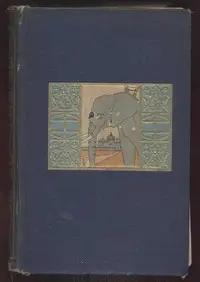
Following the Equator: A Journey Around the World. Part 5
By Mark Twain
"Following the Equator: A Journey Around the World. Part 5" by Mark Twain is a travel narrative written during the late 19th century. In this work, Tw...
Samuel Langhorne Clemens, known by the pen name Mark Twain, was an American writer, humorist, and essayist. He was praised as the "greatest humorist the United States has produced," with William Faulkner calling him "the father of American literature." Twain's novels include The Adventures of Tom Sawyer (1876) and its sequel, Adventures of Huckleberry Finn (1884), with the latter often called the "Great American Novel." He also wrote A Connecticut Yankee in King Arthur's Court (1889) and Pudd'nhead Wilson (1894) and cowrote The Gilded Age: A Tale of Today (1873) with Charles Dudley Warner.

